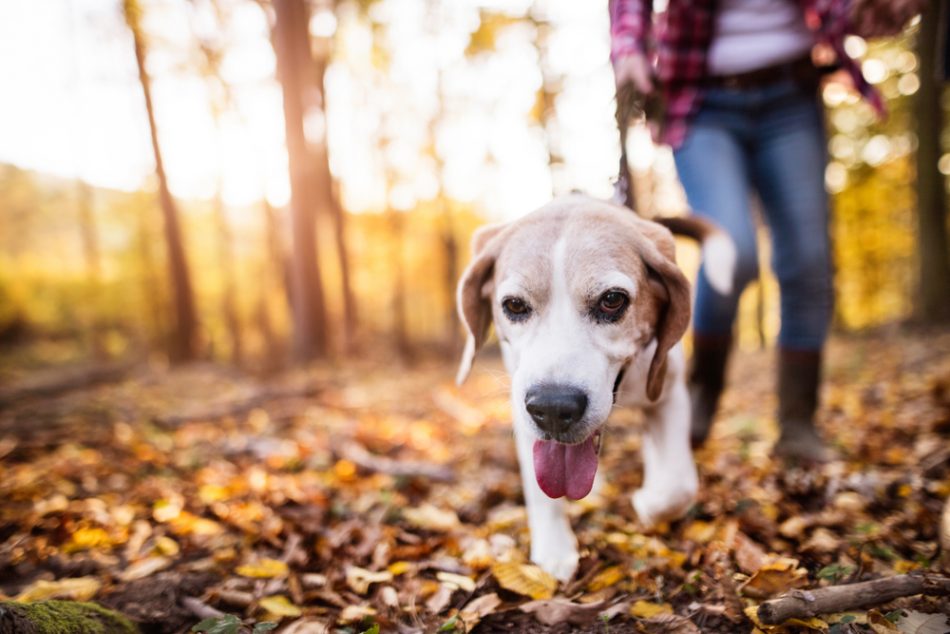Interestingly, poop is a recurring theme at The Optimist Daily. From maintaining a regular bathroom schedule, aiding the search for a home for endangered owls, and fish poop feeding the world’s largest vertical farm.
The latest addition to these poop-filled articles is a Belgium study uncovering why our pet’s droppings cause a dangerous disturbance to wildlife.
The nitrogen and phosphorus problem
Researchers carried out their work in a nature reserve around Ghent, estimating the paths that run through them contain 11.5 kilograms (25.4 pounds) of nitrogen 4.8 kilograms (10.6 pounds) of phosphorus per hectare from feces and urine. These amounts of chemicals are well over the legal limit allowed in fertilizer and will definitely leak into the surrounding habitat.
What’s more, is around a third of dogs are also being taken off their leash in these areas. Therefore, a large amount of feces and urine data is missing from the paths. It is assumed that instead it is spreading around the wider habitat.
The impact on biodiversity
The authors of the research paper, published in Ecological Solutions and Evidence, claim high concentrations of these substances can have major impacts on the local ecosystem and biodiversity.
“It is clear that the levels of fertilization by dogs estimated here can potentially exert negative effects on biodiversity and ecosystem functioning of species-rich vegetation that is often pursued in forest and nature management,” the authors write.
They continue: “Higher nutrient levels lead to increased plant growth, mostly by a limited number of nutrient-demanding species that will outcompete specialists, particularly by taking away the available light, causing plant species loss and homogenization of plant communities.”
How can we stop this poop crisis?
This seems gloomy but all hope is not lost! This study importantly brings to light information on how to proceed to reduce environmental impact. For example, enforcing stricter leash laws and more strongly urging pet owners to pick up their dog’s droppings.
Also they suggest more off-leash dog parks, here the increased amount of nitrogen and phosphorus would be redirected and the pressure reduced from wild spaces which are trying to be restored.
Source study: Ecological Solutions and Evidence – Nutrient fertilization by dogs in peri-urban ecosystems











